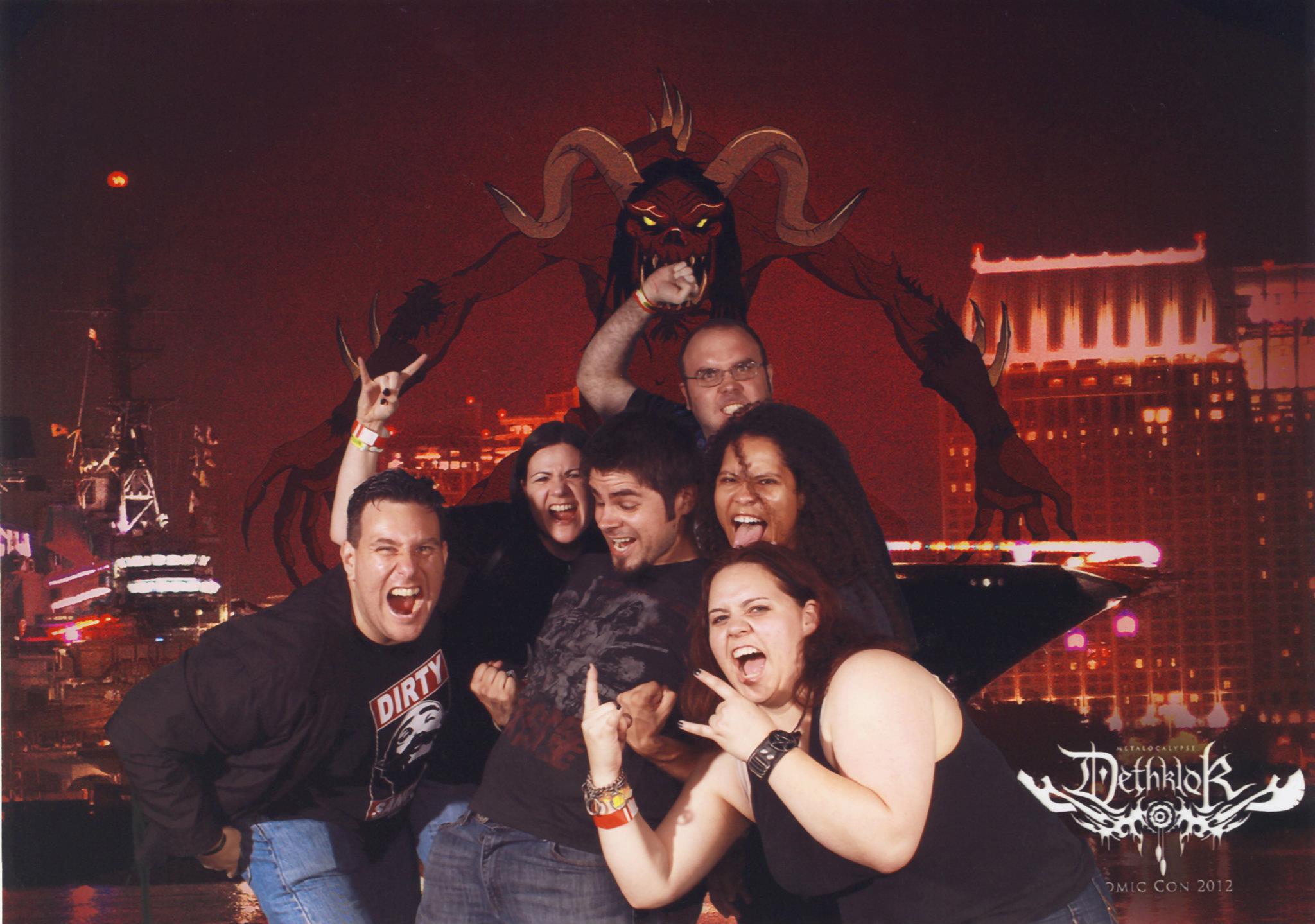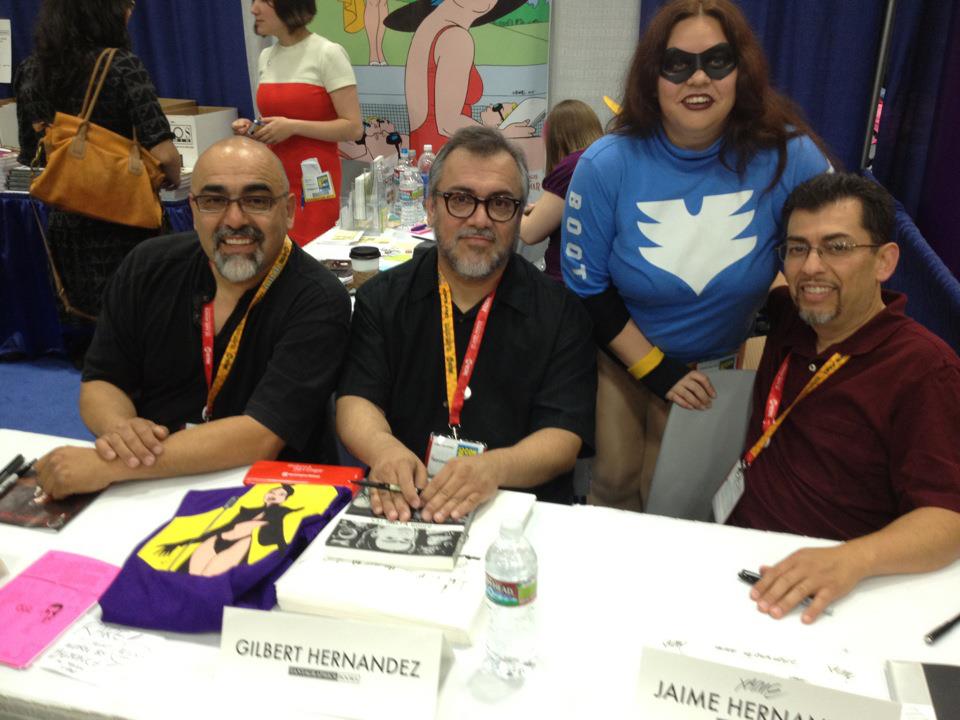Hang around authors of fiction long enough and you’re bound to hear one or more of them express something along these lines:
“My characters have taken over my story! It doesn’t matter what I want anymore… they’re writing it for me!”
It’s entirely possible some of you reading this, being writers yourselves, have experienced the feeling personally. Sounds weird to say out loud though, doesn’t it? The sort of thing that would get you funny looks at a family gathering, much less a gathering of strangers. But in the writing world, you wouldn’t be alone– even big shots like Stephen King have been reported as saying he feels writing is more like dictation than creation. His characters take over and he just writes down what they are saying and doing.
And if that works for you, more power to you. King’s fame and bank account certainly don’t dispute it works for him; but from my perspective, I’m not willing to go that far. The idea that you’re just taking down dictation sounds more to me like the work of a secretary than a storyteller, and I don’t cotton to those implications. Letting your characters run your story seems as dangerous an idea as a director letting their actors run their film.
Mind you, I also don’t like the idea that characters are just props and mouthpieces. I suppose I’m somewhere in the middle on this whole shebang; I can’t remember ever feeling like one of my characters was talking to me or writing for me, but they ought to have a certain sense of having lives of their own beyond what I want them to do. I’ve felt a certain amount of “pushback” if I’m putting words in their mouths or making them do certain actions that, on review, end up being questionable. Is that the same thing as characters telling me what to do? Maybe, but it’s not any sort of literal conversation occurring. It’s an internal process of give and take, and there’s two sides to it, the side of the character and the side of the narrative. In fact, I’ll revisit the actor/director comparison I made just a paragraph ago. The actor’s job is to portray their specific character as best as they can. The director’s job is telling the story that character is involved in– which often happens to be a story other characters are involved in as well. It’s not the actor’s job to think about those other characters or the structure of how the story is going to unfold. Nor should it be! They’ve got their hands full bringing a fictional being to life in a way the audience will care about, which is no easy task (trust the guy with the theater background; it ain’t).
Now you can see how that can lead to a limited perspective. Sometimes the actor is right to tell the director, “I’m not feeling these lines. Can we talk about this?” And a good director should have a listen to the concerns, but also can’t be afraid to put their foot down; they’re not only the ones responsible for the big picture, they’re in the best position to see it. Sure, the actor would love to have their character do a 15 minute monologue, but there’s no real time for it… so sorry, but we need to keep it to 15 seconds.
I won’t speak for all writers, but in my personal process, I’m constantly internalizing this whole debate. It definitely sounds like a crazy thing to say– but then again if you were watching me it would probably be a pretty boring sight of me typing… looking at the computer screen… typing some more… deleting… tapping the keyboard thoughtfully…
This is not exactly the stuff of straitjackets and tranquilizer syringes. But I’d venture to say that ever since people started telling stories, storytellers have played with the line between fiction and reality. To make your fiction have the semblance of reality, it has to instill some sense of belief in your audience, and so at least in a temporary sense, you have to let yourself believe in it. Believe in the characters, and the world, and the conflicts occurring… but at the same time I feel like it’s a good thing–perhaps even a necessity–to keep at least part of your brain in “director mode”. Find your balance between being the puppet and the puppeteer. Let the characters breathe with the life you gave them, and if you think they’re trying to tell you something (so to speak), by all means, listen. Just remember the final decisions are yours.
Or possibly your editor’s. But that’s a whole other story.









